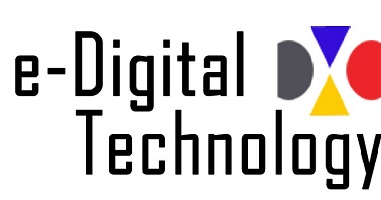
The increase in remote work has changed how teams work together, communicate, and maintain motivation. Although flexible schedules and work from home options do indeed have great value, they also present issues, mainly that of employee engagement. As organizations try to find out new ways to keep remote teams connected and productive, gamification has been put forth as a very good solution. By putting game elements into the work setting, companies are transforming routine tasks into engaging experiences, which in turn increases motivation and team spirit.
Understanding Gamification in the Workplace
Gamification is the application of game elements to nongame settings. In remote work, we see this in the transformation of routine tasks, goals, or training modules into dynamic and rewarding experiences.
Instead of the usual performance reviews and in-depth check-ins, remote workers may achieve badges for completing tasks, be placed on a leaderboard for meeting deadlines, or amass points for to attending team meetings. We introduce an element of fun and competition, which makes the work more rewarding and less isolating.
Boosting Motivation and Productivity
In the world of remote work, we see that the greatest issue is that of little to no real-time feedback, which gamification steps in to solve for by presenting instant rewards and recognition. Employees can see how they are growing as individuals and also how they are contributing to the team’s success. This ongoing sense of achievement is what in turn fuels motivation over time.
Also in that we see that tasks which are routine or repetitive and thus perceived by many as boring or thankless are made into games. When employees are recognized for consistency, accuracy, or creativity, they are more likely to take charge of their roles and go above and beyond.
Enhancing Collaboration and Team Bonding
Remote teams may lack an office environment’s informal interaction. Gamification plays a role in that by it introduces friendly competition and shared goals. For instance, businesses can run group challenges that require teams to work together in order to get prizes or finish projects. Also these collective goals build a sense of unity and healthy competition, which in turn improves communication and collaboration.
Virtual programs like trivia nights, fitness challenges, or creative contests can also be gamified to get employees engaged socially beyond work-related tasks. These interactions also raise morale and which in turn reduces the issue of isolation in remote settings.
Supporting Learning and Development
Gamification is a very effective element in remote training and upskilling. In interactive learning platforms, we see the use of quizzes, simulations and progress tracking which in turn keeps employees engaged throughout their development journey. Also, we have leaderboards and milestones which present tangible goals for employees, which in turn encourage them to engage in continuous at their own pace.
Through the use of fun and goal-oriented approaches, companies are able to keep their remote workforce skilled, adaptive and future-ready.


